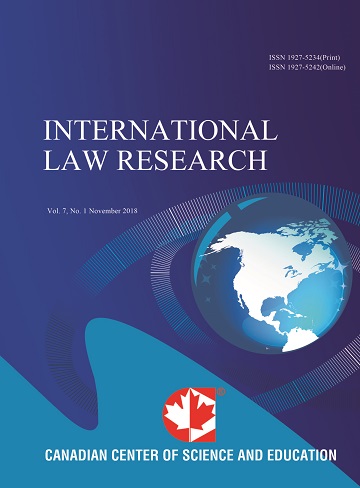The Competition between Legal Orders
- Anne Peters
Abstract
This paper asks two questions. The first is an analytical one: does the reconstruction of the sovereign activity of law-making and legal reform as a competitive bid have an analytical benefit on which doctrinal insights in particular can build? The second question is a normative one: should the competitive paradigm serve as a normative guideline for the legislator?
The first question is answered with a “yes, but …”. The reconstruction of legal reform as “competition” on a market opens up a new perspective. A variety of different law-selection mechanisms are at work in the tripolar relationship between persons subject to law (“customers”) and competing legal systems (or orders). But the competitive cycle is often interrupted by weak selection pressure and selection inaccuracy.
The answer to the second, normative question is developed with a view to five legal principles: liberty, equality, democracy, the social principle, and the public interest. The competition between legal systems partly undermines those principles. This finding suggests that this competition must be adequately framed by a legal meta order. That meta order should, inter alia, ban unfair regulatory practices, establish rules of international cooperation, harmonise some procedures, and it should guarantee respect for some inalienable principles.
- Full Text:
 PDF
PDF
- DOI:10.5539/ilr.v3n1p45
Journal Metrics
h-index (2017): 2
i10-index (2017): 0
h5-index (2017): N/A
h5-median (2017): N/A
Index
- CNKI Scholar
- COPAC
- CrossRef
- DTU Library
- EuroPub Database
- Excellence in Research for Australia (ERA)
- Ghent University Library
- Google Scholar
- Harvard Library
- Infotrieve
- Jisc Library Hub Discover
- LOCKSS
- Open J-Gate
- PKP Open Archives Harvester
- Publons
- ROAD
- Scilit
- SHERPA/RoMEO
- Stanford Libraries
- Ulrich's
- UniCat
- Universe Digital Library
- UoS Library
- WorldCat
Contact
- Joseph TaiEditorial Assistant
- ilr@ccsenet.org
